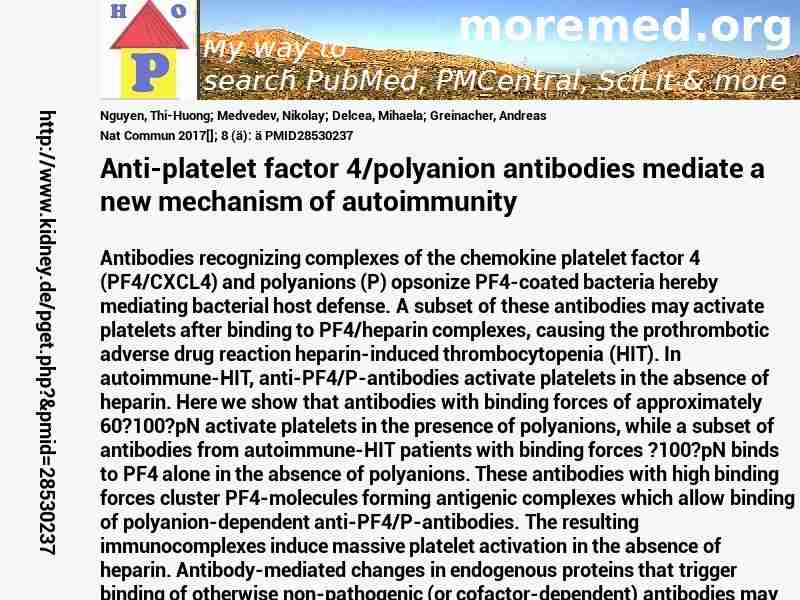10.1038/ncomms14945
http://scihub22266oqcxt.onion/10.1038/ncomms14945

C5458132!5458132!28530237
 free free
 free free
 free free
|  
Deprecated: Implicit conversion from float 211.6 to int loses precision in C:\Inetpub\vhosts\kidney.de\httpdocs\pget.php on line 534
Deprecated: Implicit conversion from float 211.6 to int loses precision in C:\Inetpub\vhosts\kidney.de\httpdocs\pget.php on line 534
Deprecated: Implicit conversion from float 211.6 to int loses precision in C:\Inetpub\vhosts\kidney.de\httpdocs\pget.php on line 534
Deprecated: Implicit conversion from float 211.6 to int loses precision in C:\Inetpub\vhosts\kidney.de\httpdocs\pget.php on line 534
 Nat+Commun 2017 ; 8 (ä): ä Nat+Commun 2017 ; 8 (ä): ä
Nephropedia Template TP
gab.com Text
Twit Text FOAVip
Twit Text #
English Wikipedia
|

 free
free free
free free
free